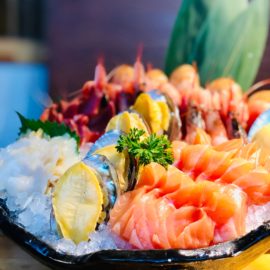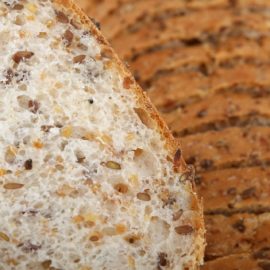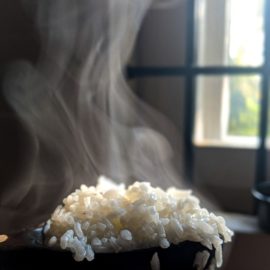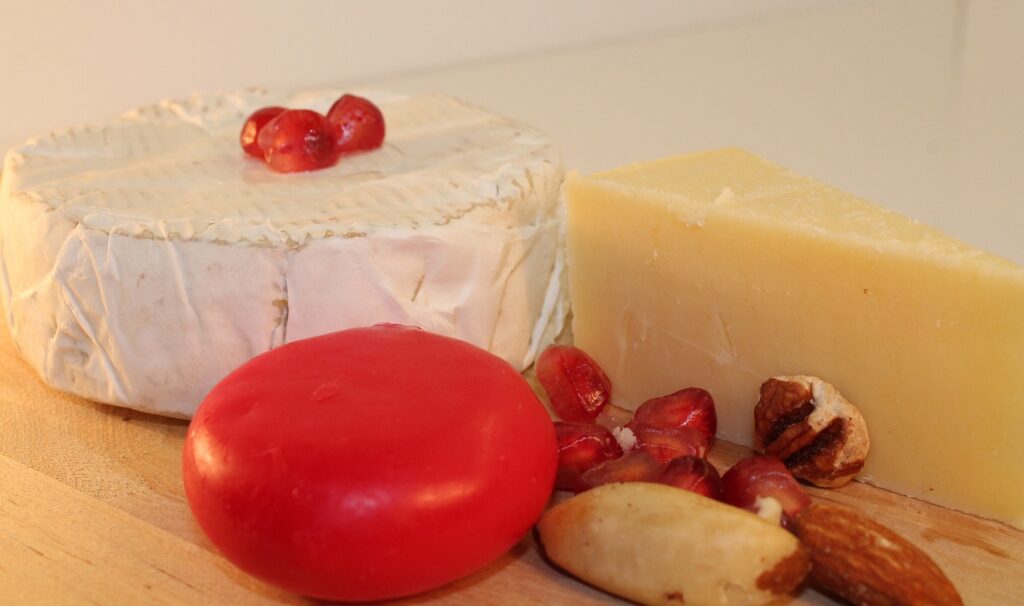
Have you ever wondered why paraffin wax is used in certain food items such as cheese? If you did, it would not very surprising. Besides, it looks like the substance used for making candles, right? Who would dare to eat candles? Kidding aside, paraffin wax has long been used in food as a very effective packaging since the late 19th century.
It was first discovered in the 1830s by German chemist Karl von Reichenbach. Decades later, its use expanded to various industries, including food manufacturing. As you might already think, paraffin wax has been used as a food packaging materials for over a century now, and there is not a problem.
So to answer your question—is paraffin wax in food toxic?
No, paraffin wax used in food is not a toxic substance, and its food-grade—it has been processed, refined, and purified.
Let’s discuss further.
WHAT IS PARAFFIN WAX?
Chemistry
Paraffin wax is a soft, crystalline white or colorless petroleum product. It is solid at room temperature between 136°F (58°C)- 144 (62°C). As a byproduct, it is composed of hydrocarbons that form during the refining process of crude oil. Going back to basic chemistry, hydrocarbons are compounds that consist of hydrogen and carbon entirely. There are 4 classes of it: alkanes, alkenes, alkynes and arenes. Paraffin wax consists mostly of alkanes, the kind of saturated hydrocarbon wherein the hydrogen atoms are connected by a single bond between carbon atoms.
However, the actual composition of the wax depends on many factors, including the refining method and the crude oil itself. In many cases, the paraffin wax may contain traces of other hydrocarbons, including alkenes or alkynes.
In food
As I have already mentioned, paraffin wax was first made not for packaging food items—but as an aid for separating wax substance found in petroleum. It found its first main purpose in making candles. Before the discovery of paraffin wax, candle makers used tallow fat. However, the flame made from it is smoky and emits unpleasant odor.
The discovery of paraffin wax as an ideal material for making candles was a breakthrough. It creates a cleaner and brighter flame, and it is an inexpensive alternative to tallow fat.
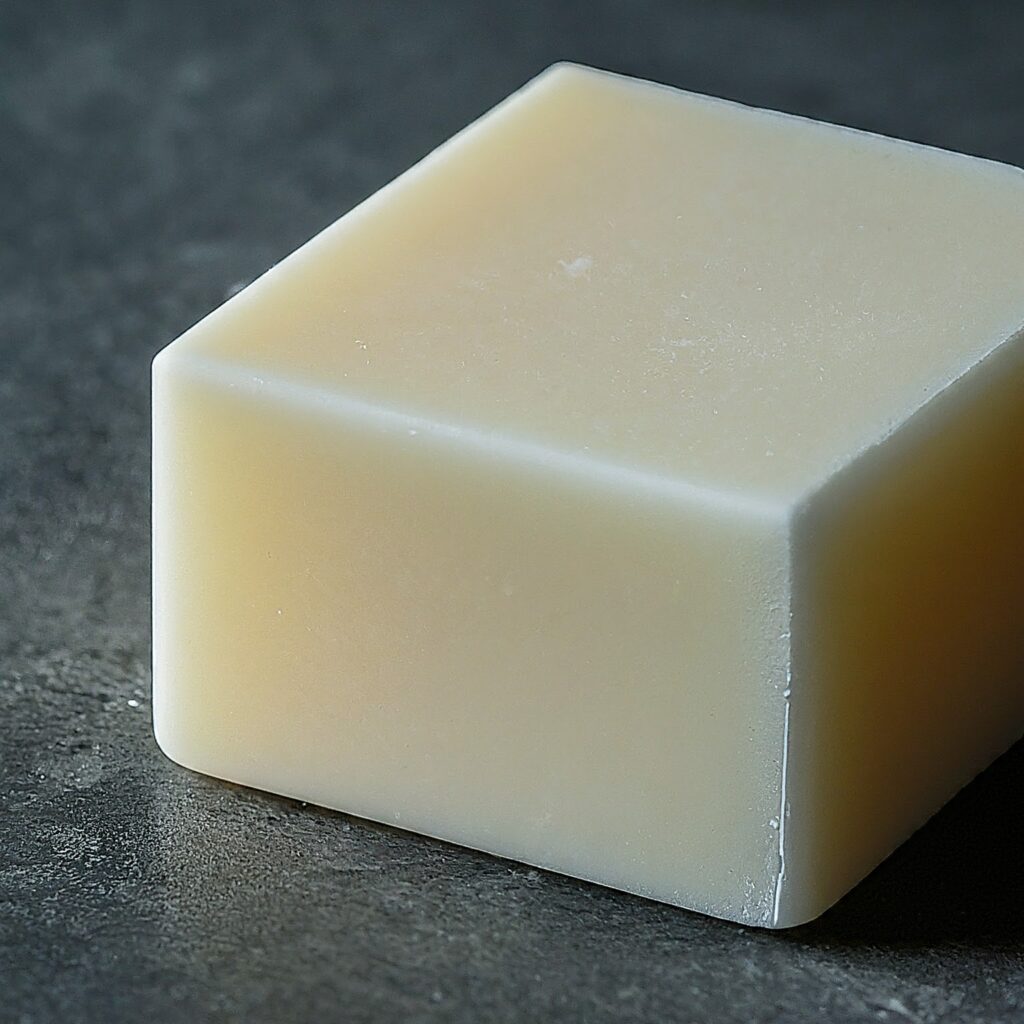
By the early 20th century, some food items have started to be shipped out in paraffin wax. Examples of these foods, include candies, chocolates, cheese, and fruits.
You might also like: Why Does Swiss Cheese Have Holes?
And these are for good reasons. Paraffin wax possesses moisture and oxygen-barrier properties. Moisture and oxygen are external factors that negatively affect the shelf life and quality of food. Certain types of cheeses, for example, require ample amount of moisture to retain its flavor, appearance, and texture for an extended period of time. Gouda, Cheddar, and Queso de Bola (Philippine cheese) often come enclosed in red paraffin wax.
IS PARAFFIN WAX SAFE TO EAT? IS IT TOXIC?
No, paraffin wax safe is not there for consumption. It is a no-brainer. It is just a packaging to protect the food inside. And if you did digest a small amount, it would not cause harm because it would just exit your body unchanged. A considerably amount of it is a different story though. It may result in discomfort in your digestive system.
The most apparent concern here is if paraffin wax in food is toxic. Besides, it is a food contact surface. Since I have already answered this question earlier, I will just explain why it is not a toxic substance.
Paraffin wax is a chemically inert substance—it does not react with other substances, food, in particular.
And here is why (more chemistry alert).
As we have already discussed, paraffin wax is composed mostly of (alkanes) saturated hydrocarbons. In this arrangement, the carbon atoms are bonded totally with the hydrogen atoms. For this reason, it is not possible for double or even triple bonds to form. To simply put, alkanes are unreactive type of hydrocarbons.
Furthermore, there are also no functional groups such as carboxyl and hydroxyl groups. These functional groups can readily react with other substances. because of the absence of these functional groups, there are no chances for other atoms within a molecule to interact with.
Well, paraffin wax will start a reaction if you light it up with food still inside it. But you would not do that, of course. Paraffin wax has a high energy activation requirement in order for the stable carbon-hydrogen bonds to break and form new ones.
So that is it. Paraffin wax is not a toxic substance in food.
